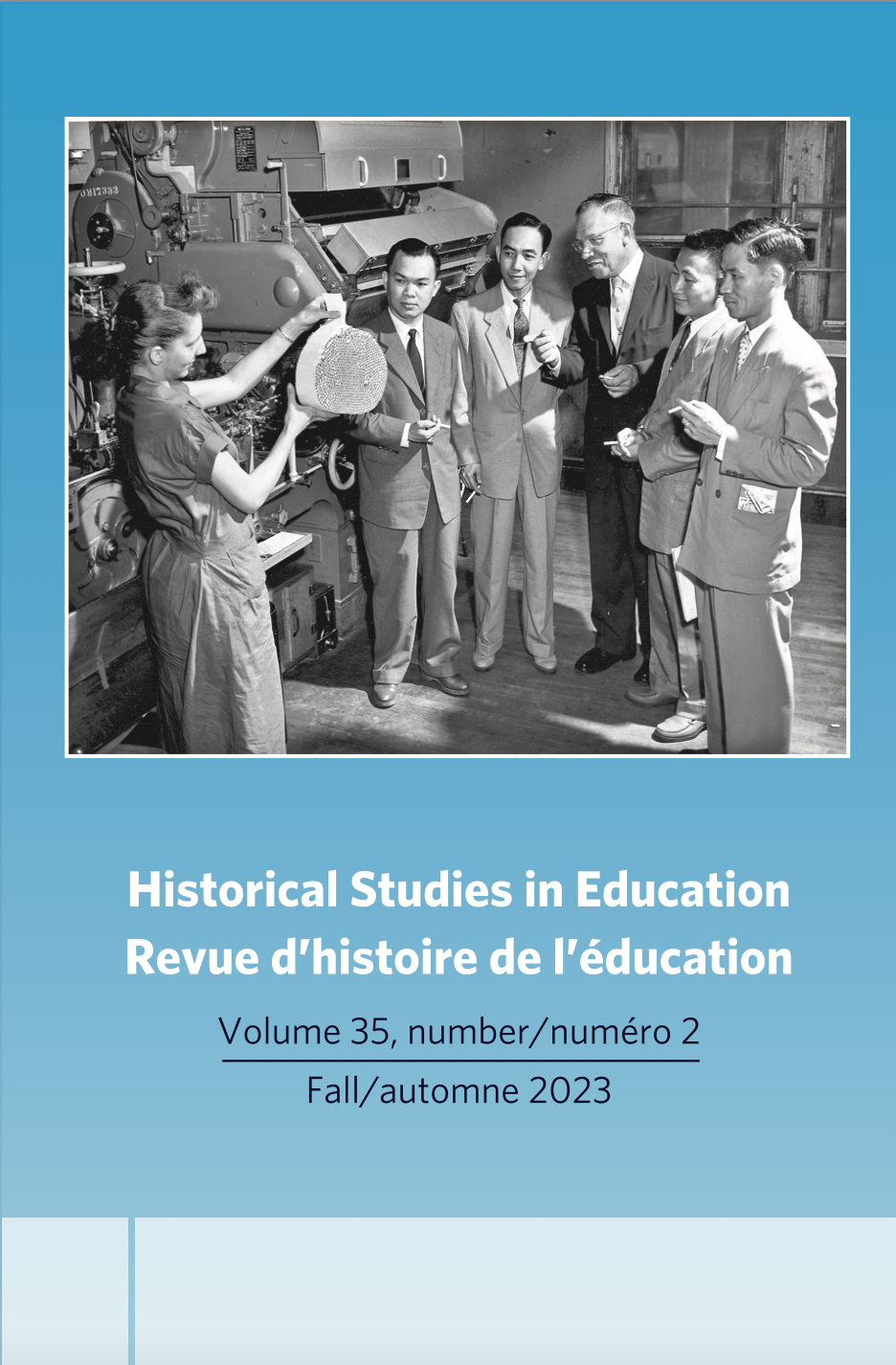« Des mots et des commandements déplacés ». La prise en charge des étudiants vietnamiens du Plan Colombo à l’Université de Montréal (1950–1959)
- international aid,
- international students,
- foreign students,
- decolonization,
- student movement
- orientalism,
- cultural diplomacy,
- Colombo Plan ...More
Abstract
During the long post-war period, Canada significantly increased its participation in inter- national aid through the Colombo Plan, which encouraged the arrival of foreign students at Western universities. Subjected to strict rules that took away much of their freedom, these students were instrumentalized both as future agents of their country’s development and as Canada’s promotional assets on the international stage. By examining the case of Vietnamese students at the Université de Montréal in the 1950s, we show that their arrival updated and sometimes hardened orientalist prejudices in a Cold War context where the education of coun- tries and students from the Global South appeared crucial in the fight against communism. As part of this undertaking, universities facilitated the implementation of the Colombo Plan’s objectives by relying on the paternalistic power relations that prevailed on campus at the time. However, far from being passive, these students played cunningly with the authorities and created spaces of solidarity which, despite the risks to their studies, enabled them to challenge the rigidity of the administrative and ideological frameworks to which they were subjected. In their own way, they prefigured the youth protest movement and the decolonization movement of the 1960s.
